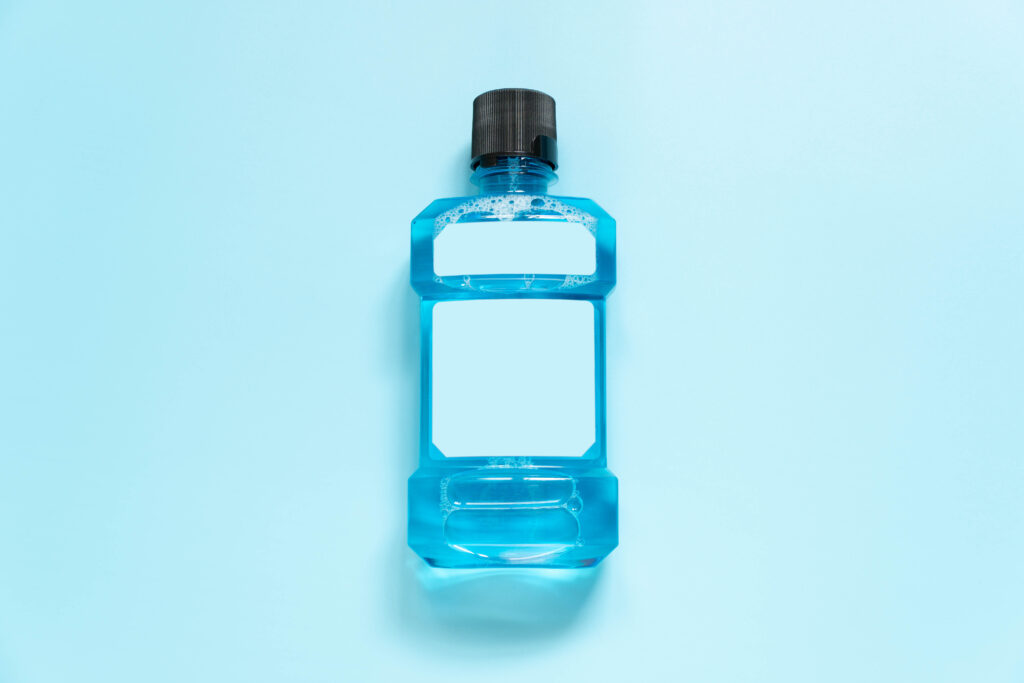The age-old question, should I use mouthwash? Here at Eastgate Dental Clinic, we are here to answer that question and also provide you with some information you never knew about mouthwash. If you have any questions about any of the services that we provide, then get in touch with us today. Maybe you have been using mouthwash for years or are considering starting to include it in your daily routine? Does it do anything, and is it really necessary to keep your teeth and gums healthy? Find out more below, but first a little history lesson.
Did you know that people have been using mouthwash for almost 5000 years? Ancient mouthwashes were usually made from plants and other natural ingredients. As early as about 3000 BC, people in China were using saltwater rinses to treat gum infections and irritation.
The ancient Greeks and Romans used a variety of mouthwashes to help keep their teeth clean. Hippocrates, who you might know as one of the earliest doctors and as the originator of the Hippocratic Oath, used a mixture of vinegar and salt as a mouthwash. It probably didn’t taste that great, but people at the time loved it!
A bit later on, Native American tribes discovered that they could use local plants to create a mouth rinse that would make their sore throats heal faster and help their children feel better while teething. They probably used some mix of salt and clove oil– both of which are found in modern natural mouthwashes.
If you regularly brush and floss your teeth (twice a day) then mouthwash will not really provide many benefits to your daily routine. Brushing and flossing are more effective than mouthwash because they involve direct contact with the surfaces of your teeth. The friction and motion of brushing and flossing helps remove bacteria, plaque, food debris, and acid. While mouthwash can be helpful for your oral health, it doesn’t involve the same level of contact with your teeth, and it simply can’t remove the same level of plaque and bacteria from your mouth.
By no means would we class it as useless. If you incorporate it into your oral hygiene routine alongside brushing and flossing, mouthwash can kill bacteria in your mouth, strengthen your teeth, and prevent gum disease. Many clinical studies have shown that using mouthwash can eliminate bacteria that cause gingivitis, and improve your oral health.

We always recommend that you read the label. The longer answer would be, simply rinse (swish) the mouthwash around your mouth for 15-30 seconds, but again always check the label as some mouthwashes may vary. Some mouthwashes may need diluting, and some may not. It’s important to use the mouthwash of your choice as per the instructions provided. Only this way will you get the full benefit. Most dentists seem to agree that if you’re not neglecting your oral health, mouthwash is an additional way to keep your mouth fresh throughout the day.
Another reason you may want to reach for a mouthwash is if you’re living in an area where the water isn’t heavily fluoridated. This is to ensure your teeth are getting enough fluoride. If this is the case a fluoride mouthwash can be a great solution. After all, you need it to maintain strong enamel and to protect your teeth from acids and decay.
Choosing a mouthwash shouldn’t be difficult, as usual, they have very similar properties. If you have a problem with gums or a serious infection, or if you are unsure, ask the experts today. Contact East Gate Dental Clinic for more information on which mouthwash is right for you.
Adults probably don’t need to use mouthwash more than once or twice a day. Too much mouthwash can wash away the saliva in your mouth, upsetting the PH balance, allowing bacteria to grow and increase your risk of cavities and gum disease.
Fluoridated mouthwashes work best when they’re not washed away by water, so we recommend using those right before bed, after brushing and flossing. Just don’t overdo it and make sure you follow the directions on the bottle.
We hope this blog has helped you learn more about mouthwash. Adding mouthwash into your oral hygiene routine will help keep your breath fresh and can help kill bacteria, as long as you maintain proper brushing and flossing habits. If you would like more information about mouthwash or would like to enquire about one of our services, then contact us today. You can rest assured that we are following all government guidelines and ensuring that our staff and you are safe. If you would like to book an appointment, then fill in the contact details below.
Check this: Aristocort







